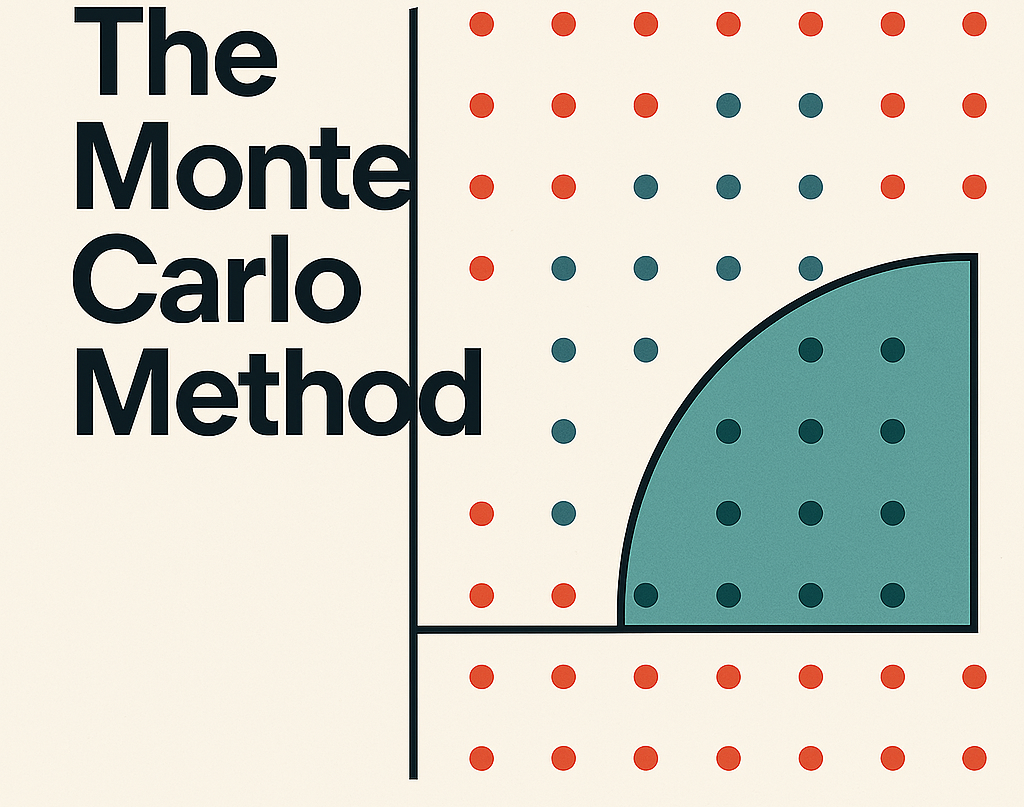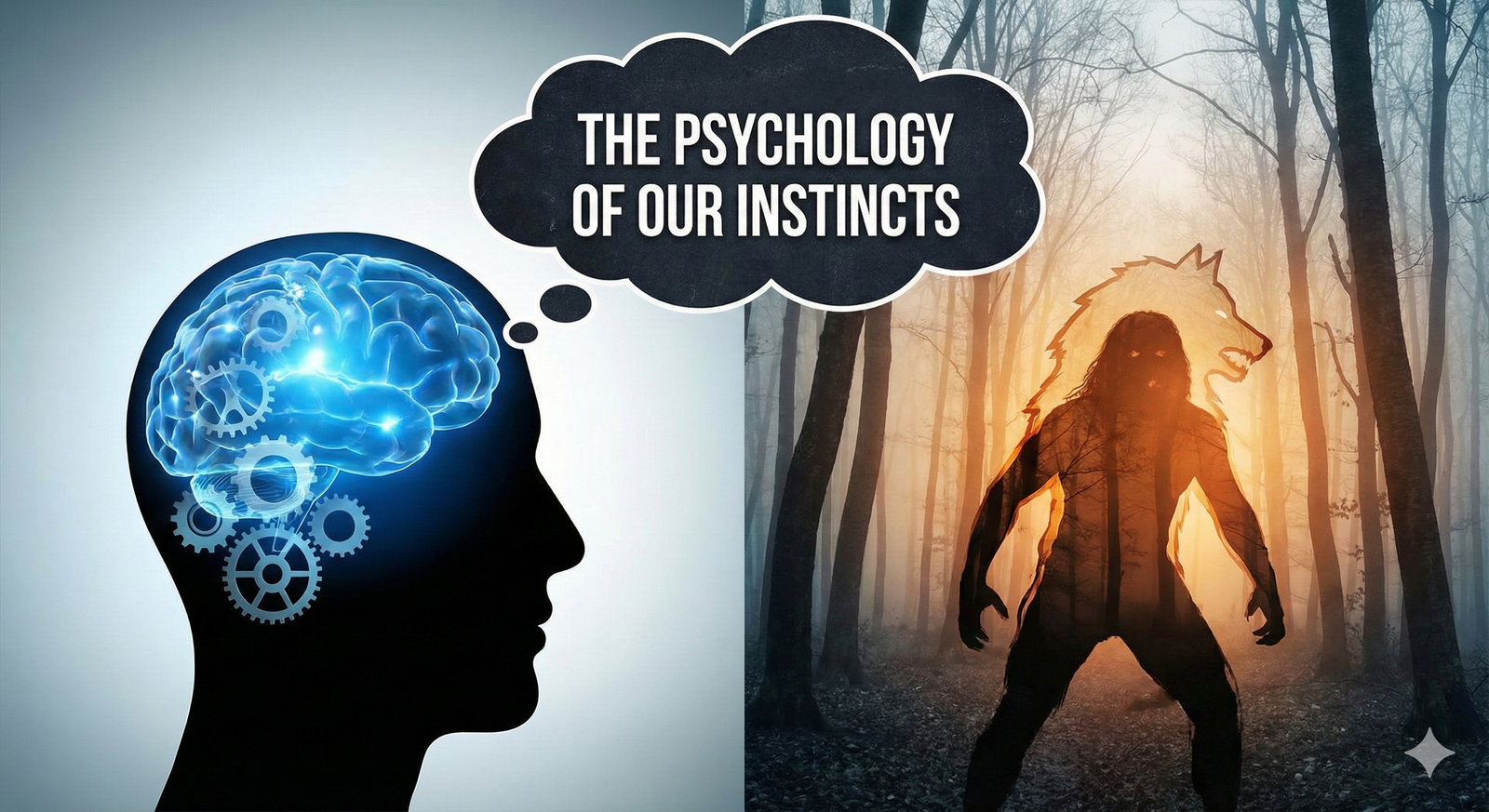
Digital amnesia refers to the tendency to forget information that we store digitally rather than in our own memory. In a world where nearly every phone number, birthday, and trivia fact is just a tap away, our reliance on devices is subtly changing how we process and retain information. If you’ve ever forgotten directions moments after looking them up on Google Maps, you’ve likely experienced this phenomenon firsthand.
Research into digital amnesia was popularized by Kaspersky Lab’s 2015 study, which found that a significant percentage of people couldn’t remember important phone numbers—even of close family members—because they relied on smartphones to store them. The phenomenon is closely related to the “Google Effect,” a term coined by psychologist Betsy Sparrow in a 2011 study published in Science. Sparrow found that when people believe they will have access to information later, they are less likely to remember it themselves.
This shift doesn’t necessarily mean our memory is deteriorating—it’s evolving. Our brains may be offloading certain types of memory to focus on higher-order tasks, such as problem-solving or creative thinking. But it raises questions about what we lose in the process. Are we giving up personal intimacy with knowledge? Are we less curious or less capable of critical thinking?
While technology can enhance our cognitive abilities, digital amnesia reminds us of the importance of balancing convenience with mental engagement. Practicing active recall, taking breaks from devices, and cultivating mindfulness can help counteract some of the effects. Our minds, after all, are still worth remembering with.
RELATED POSTS
View all


